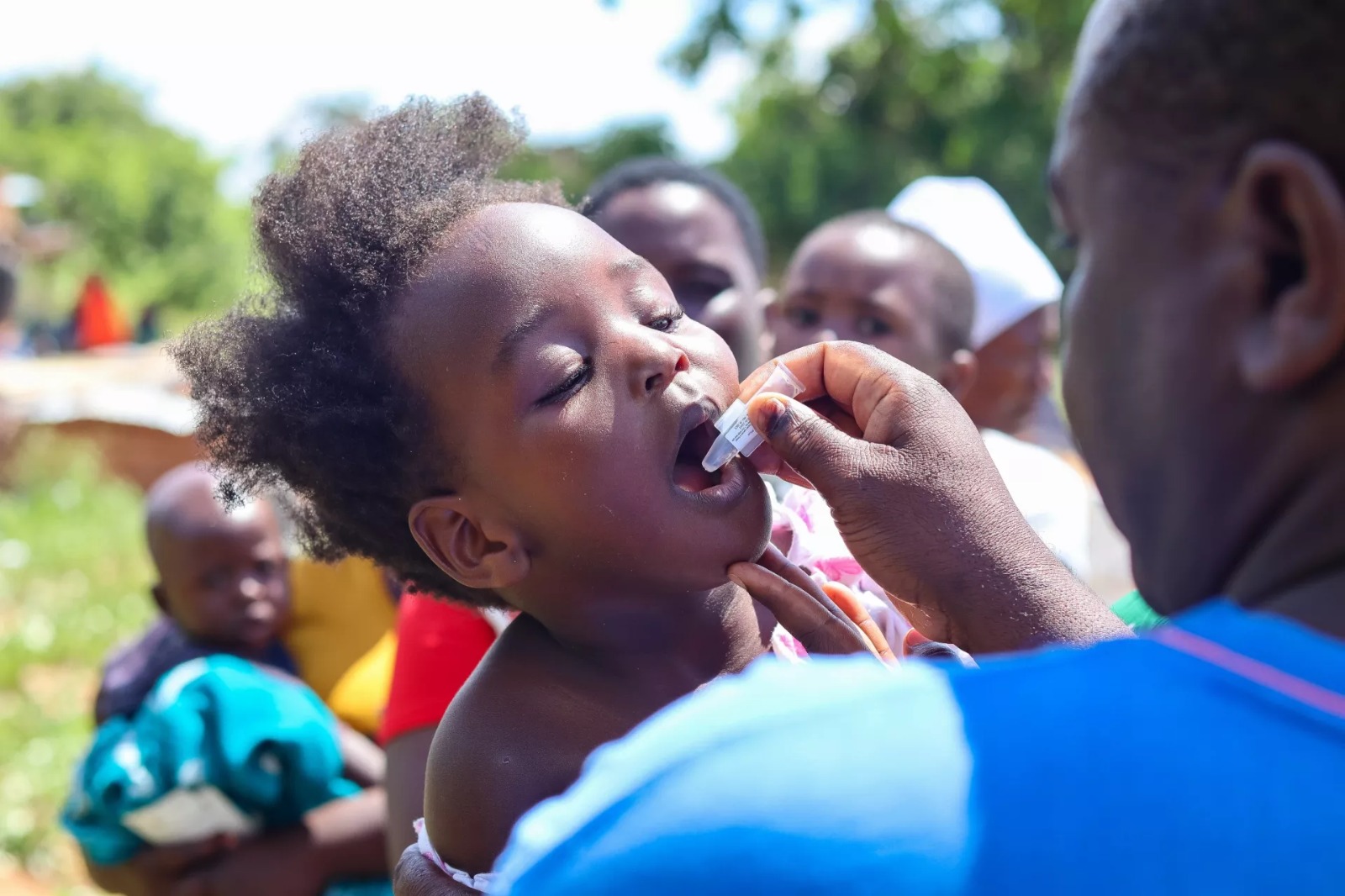
The agency said on Thursday that the surge is being driven by fragile water infrastructure, poor sanitation, and ongoing conflicts that have worsened access to clean water. The number of infections has risen by more than 30% compared to last year.
Angola and Burundi have seen sharp increases in infections in recent weeks, Africa CDC data showed, while outbreaks in the DRC appear to be easing as total case numbers decline. However, the situation remains critical in conflict zones, where overcrowded camps and poor hygiene conditions accelerate the spread of the disease.
Cholera, a potentially fatal diarrhoeal infection, spreads rapidly in areas where sewage and drinking water are not properly treated.
Improvements have also been reported in South Sudan and Somalia, where infection rates are gradually falling. Meanwhile, Ethiopia has detected eight suspected cases of viral haemorrhagic fever, with authorities awaiting test results to confirm the cause. Rapid response teams have been deployed to contain the possible outbreak.
The Africa CDC also noted that while Mpox infections are declining in several of the hardest-hit countries, the disease remains a concern in Kenya, Guinea, Liberia and Ghana.
